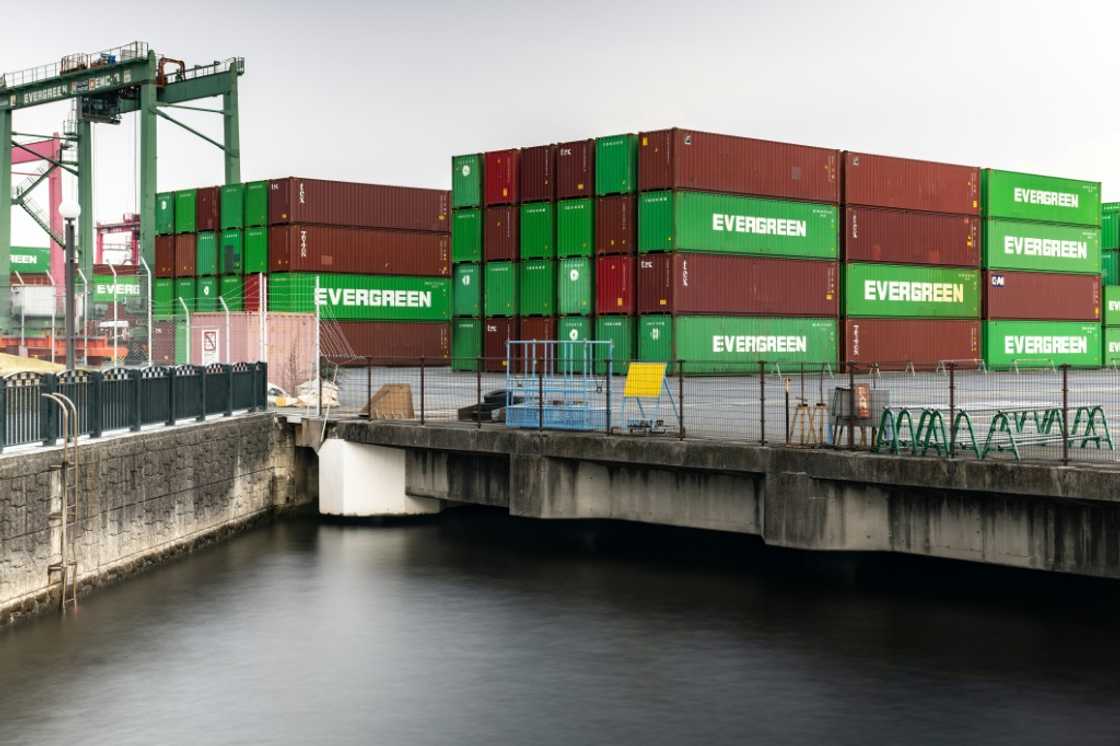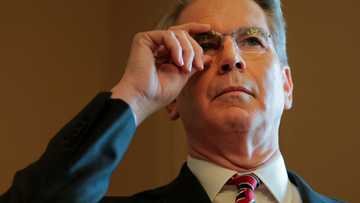Japan tariff envoy departs for round two of US talks

Source: AFP
CHECK OUT: How to Start Earning with Copywriting in Just 7 Days – Even if You’re a Complete Beginner
Tokyo's tariffs envoy departed Wednesday for a second round of negotiations in Washington, where Japan could offer concessions such as tweaking vehicle import procedures to secure relief from Donald Trump's trade levies.
Ryosei Akazawa may also reportedly offer to buy more US corn and soybeans, or continue discussions on developing liquefied natural gas (LNG) fields in Alaska.
Japan, a key US ally and its biggest investor, is subject to the same 10 percent baseline tariffs imposed on most countries plus steeper levies on cars, steel and aluminium.
Trump also announced "reciprocal" tariffs on Japan of 24 percent, but later put them on pause for 90 days along with those on other nations except China.
Akazawa will hold talks Thursday with US Treasury Secretary Scott Bessent and other officials, following an initial meeting in mid-April.
"There has been no change to our stance of strongly demanding that all the tariffs be scrapped. The main goal is to achieve that, and we can't budge," he said Monday.
He told reporters at the airport on Wednesday that "Japanese companies are losing money each and every day" because of US tariffs.
"When I spoke to the head of an automaker, the person told me that a million dollars is being lost every hour," he said.
"I hope to make progress, whether it is one or two steps forward," by targeting a "win-win relationship".
Trump has complained about Japan's safety testing rules for US vehicle imports, and local media said simplified screening processes could be a bargaining chip for Tokyo.
LNG and agricultural imports could also be on the table.
But buying more US rice -- another expected option -- could be "politically difficult" because Japanese farmers are a strong support base for the ruling party, Norihiro Yamaguchi of Oxford Economics told AFP.
Trump has repeatedly said he wants a stronger yen to make US exports more competitive, although Akazawa said the Japanese currency was not discussed at the first talks.
However, "I don't really read a lot from it, because especially on the currency market, to make a big surprise makes things bigger", Yamaguchi said.
The yen has risen significantly since Trump's tariffs were announced -- it was trading at 142 for a dollar on Wednesday, compared with 158 in mid-January.
PAY ATTENTION: Сheck out news that is picked exactly for YOU ➡️ find the “Recommended for you” block on the home page and enjoy!
Source: AFP




